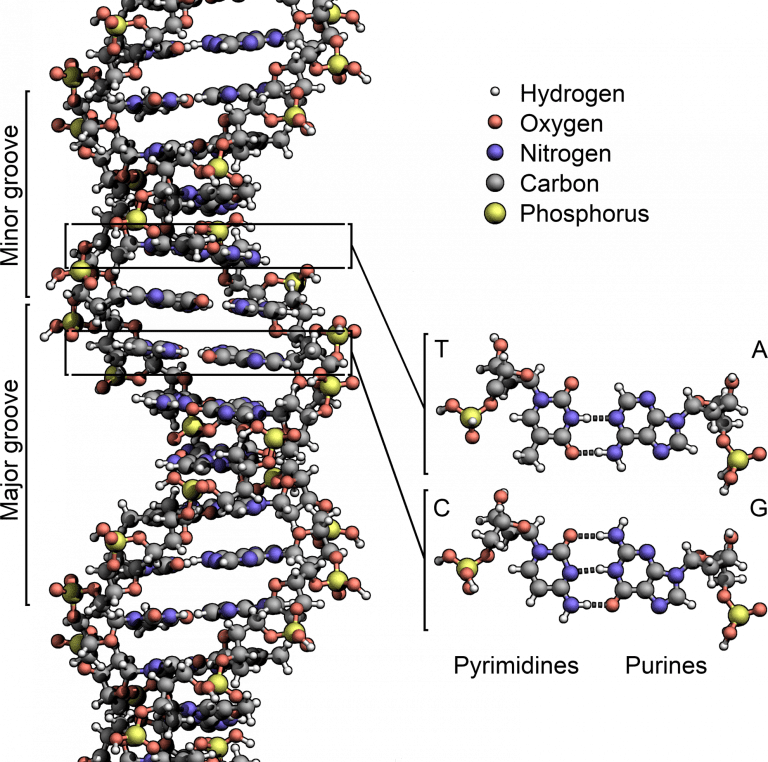The United States is now so productive that unemployment no longer brings automatic poverty. The unemployed are able to get two years of unemployment income. That is augmented by food stamps, heating assistance, medical assistance, educational assistance, and a near-endless source of help in nearly every area of human need.
The worst thing about unemployment is that all the things that are provided to the unemployed come from the government. Few things are more painful, slow, mind-numbing, and debilitating than being involved with any government program.
Agriculture is a classic bubble illustration:

As we can see, the Agriculture Bubble took a couple of hundred years to burst. Similar bubbles used to exist with sailors, miners, muleteers, horseshoe makers, and every other area of the world’s economy.
The only bubbles that don’t break, except by war or revolution, are government bubbles. If farmers in 1790 had been a government agency, 90% of American workers would still be farmers.
In some countries, most of the jobs are in the government. Many don’t like that. “Those government workers are a lot of useless parasites and I’m sick of paying taxes and seeing my money devalued to support them. We sure don’t want our country to turn into a welfare state.”
Automation makes welfare states almost inevitable. It’s much better to give unemployed people the basics and keep them reasonably quiet than to have them burning and breaking things. At the same time, smarter governments understand that the most productive nations are productive because they keep their least productive citizens out of the way, either “working” for the government or subsidized by it.
Smarter governments like bubbles to burst because bursting bubbles bring in higher tax revenue. Without bubbles, we’d still have 90% of our people actually working on farms. No tax money, there.
Now, the big education bubbles are already bursting. Big bureaucrats are licking their chops. The automation that bursts the bubbles provide benefits for those unemployed by it, plus a little, or a lot, more for governments.
Smarter government leaders keep workers living among the more rapidly bursting bubbles. That provides the funding that keeps their own safe, steady jobs within the various government bubbles. They know that continually bursting bubbles bring in higher tax revenue.








